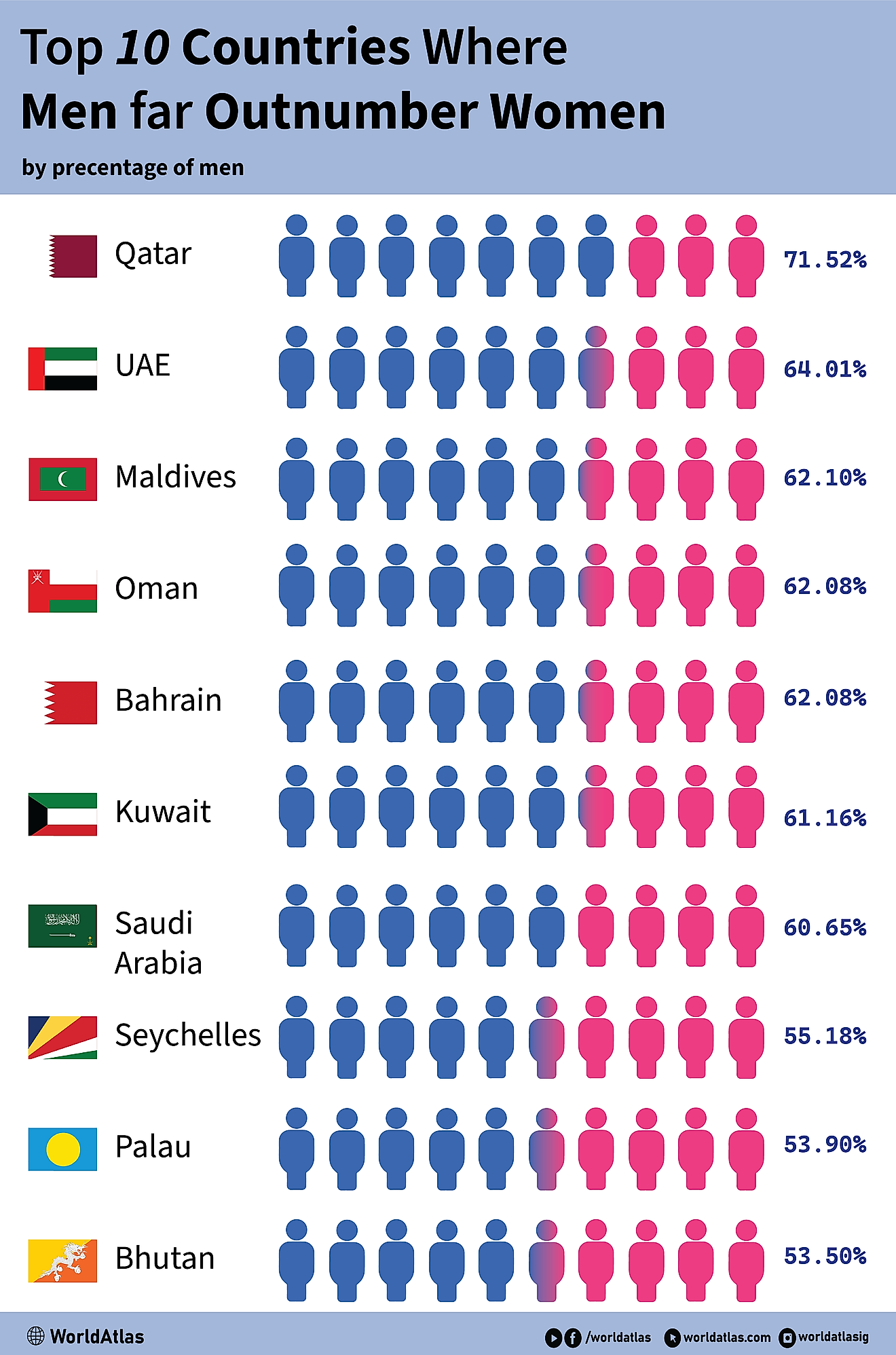What is the Grey Cup?

The Grey cup refers to the championship game in the Canadian Football League (CFL), and it may also refer to the trophy awarded to the winning team in the sport. The sport is a contest between the emerging winners of the CFL of the East Division and the West Division. The game is the most televised and the largest annual sporting event in Canada. The team with the most Grey cup wins is the Toronto Argonauts, having won 17 times since 1909. November 26th, 2017 was the latest and the 105th Grey Cup, held in Ottawa, Ontario. The Toronto Argonauts emerged as the winners beating Calgary Stampeders 27 to 24. The Grey Cup is managed and controlled by the Canadian Hall of Fame board of directors who act as the trustees. Governor Earls Grey gave it to Canadian Football League in 1909.
History
The first cup contested by the Canadian hockey armature teams was the Stanley Cup which was in use from 1893 to 1909 until Governor Earl donated the Grey Cup which was first used on December, 4th 1909 when the University of Toronto team won the finals. Since its inception in 1909, the cup had two periods when there were no competitions. The first one being 1916 to 1918 when Canada participated in the WWI and the second being in 1919 when there was lack of interest by the rugby unions and disagreements on the football rules by the Western Union and the Canadian Rugby Union. The matches resumed in 1920. During the WWII in 1942, the unions suspended their activities, but the match continued along the country’s military bases and was limited to military personnel only during this time.
United States Expansion
Sacramento Gold Miners, a United States Franchise, were admitted to the Canadian league in 1993, and their success was average. This led to the addition of Shreveport Pirates, Las Vegas Pose, and Baltimore Stallions into the league in 1994. The inconsistency in the performance of the American teams and the financial crisis that followed the formation of National Football League (NFL) Baltimore Ravens, led to the abandonment of the American expansion. In 1996, the Canadian Football League was rearranged after the American teams were cut out. It started with nine teams and players from the American teams who were redistributed among the Canadian teams. The NFL granted a noninterest loan of $3 million to the CFL, and this helped ease the financial problems they had while NLF was permitted to access the players.
Mark Cohon Era
This era of the Canadian League run from 2007 to 2015 while Mark Cohon was a Commissioner of the Canadian Football League. During this time, there was financial stability of the CFL, expansion, and modernization of the stadiums, 100th-anniversary celebration of the Grey cup and new television deals. A new five-year collective agreement between the CFL and CLFPA was negotiated by Mark in 2014 before he left office.
Jeffry Orridge Era
This era run for two years between 2015 and 2017 with Jeffry as the commissioner. The CFL logo and motto were also changed. The nine teams changed both the websites and the uniforms during this time. A new drug policy was agreed upon by the CFL, and CLFPA introduced during this era. Jeffrey left the NFL on June 15, 2017, and a new Commissioner; Randy Ambrosie took over on June 29, 2017.
Teams
Canadian Football League has nine active teams, four are in East Division, and five are in West Division. The East Division is composed of the Toronto Argonauts which uses BMO field stadium in Toronto, Ontario; the Ottawa Redblacks who are tenants of the TD Place Stadium in Ottawa, Ontario; the Montreal Alouettes who are tenants of Percival Molson Memorial Stadium in Montreal, Quebec; and the Hamilton Tiger-Cats who are tenants of Tim Hortons Field Stadium in Hamilton, Ontario.The West Division teams are the BC Lions, the Saskatchewan Roughriders, the Winnipeg Blue Bombers, the Edmonton Eskimos, and the Calgary Stampeders.











